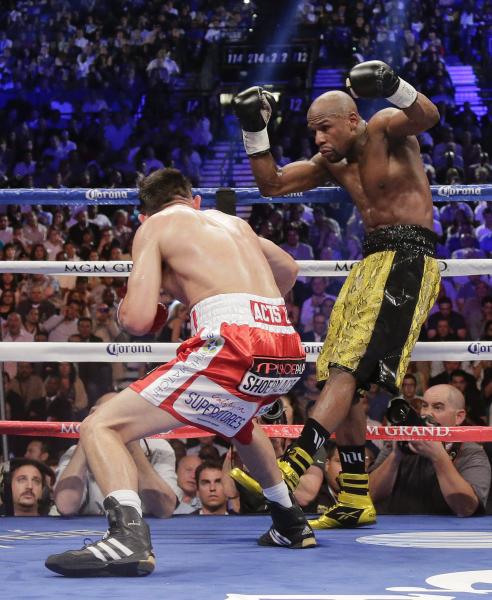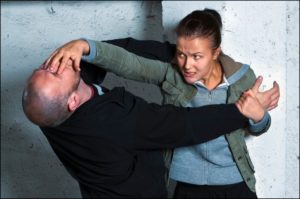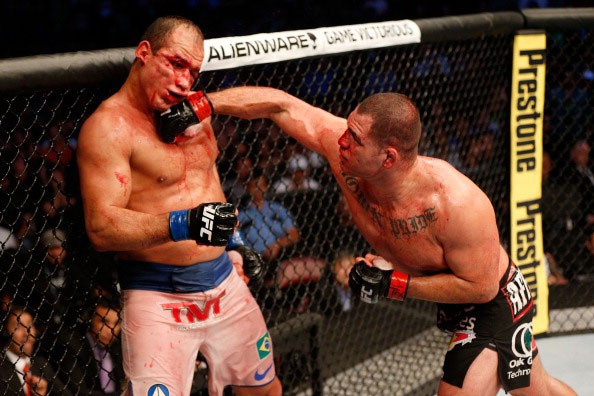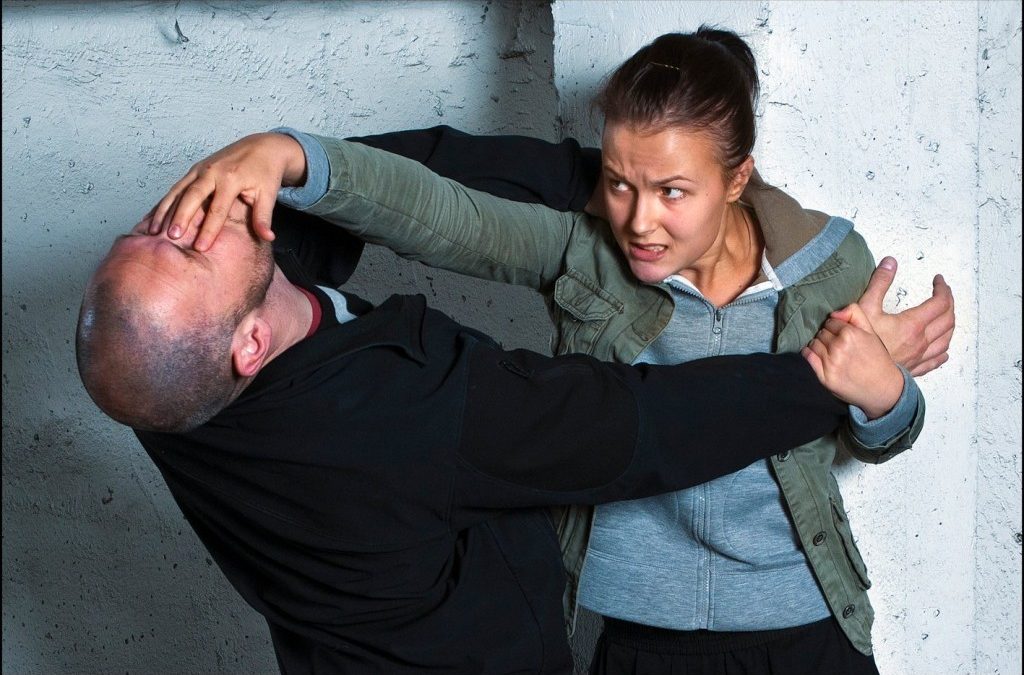Martial Artists always debate over the self-defense applications of the Combat Sports. Are Martial Arts that have a strong sport component to them, good for self-defense?
I guess the first issue to discuss is: What are you talking about when you say “SELF DEFENSE” Are you talking about multiple attackers? Are you talking about guns, knives, and other weapons? Or are you talking about good ol’ fashioned fisticuffs?
Different scenarios require different training. Obviously, if you are in some sort of military conflict with bombs exploding, guns going off, and air support being called in, your version of ‘self-defense’ is going to be a tad bit different than the guy who wants to defend himself at the bar. In my experience of running a martial arts school for 8+ years, most people are talking about hand-to-hand combat when using the term “self-defense”. And in unarmed hand-to-combat, you can’t really beat Combat Sports.
The Case for Combat Sports
The sport aspect of these ‘martial arts’ contains the essence of what makes the arts work. For example, Boxing is essentially the art of punching and defending punches. Judo is the art of throwing and not getting thrown. Whether or not the conflict occurs in a bar, on the street, or at the Olympics, the mechanics of punching and throwing are essentially the same. Just because you can’t kick in a boxing match or you can’t bite in a judo match, doesn’t have a significant effect on the biomechanics of the boxer’s punch or judo-ka’s throw. The beauty of Combat Sports is that you can develop REAL SKILLS in your martial art without being involved in real life-and-death situations.

If Pro Boxers can’t hit Floyd, what makes you think Joe Average can?
How does this differ from traditional ‘self-defense’ training?
Firstly, Combat Sports allow you to use FULL EFFORT. You can spar and compete at full strength. Traditional Self-Defense training usually involves techniques that can’t be trained with full resistance – i.e. eye gouging, biting, etc. These forbidden techniques then become the magic antidote for every situation.
How do you counter a triangle choke? You eye gouge him.
How do you defend a double-leg takedown? You eye gouge him.
How do you defend a muay thai clinch? You eye gouge him. Etc.
The problem is, there’s no way to know if you would actually be able to eye-gouge your way out of a fight because there’s no way to practice it. I’ve never met anyone who has purposely eye-gouged their opponent in a self-defense situation. Is there a person somewhere who has repeatedly eye-gouged their way through multiple fights? I doubt it.
Secondly, your opponent in Combat Sports is usually trained and in better physical condition than your average street thug. If you’re able to choke a person who is trained in chokes and is strong, fast, and doesn’t get fatigued, you’ll be able to choke a person who’s had a few drinks, is untrained, and hasn’t hit the gym since the season premiere of Game of Thrones.
In short, a Combat Sports martial artist or athlete has the arena in which to test himself against skilled opponents as well as the motivation to keep himself in shape. He is used to psychological and physical stressors beyond the scope of casual training. He has developed a real SKILLSET for fighting hand-to-hand.

Eye-gouging – the greatest self-defense attack possible – or just some **** that’s really hard to do?
A Self-Defense State of Mind?
The biggest difference between Combat Sports and “Self Defense” is supposedly MINDSET. There is obviously an element of surprise that could accompany a “real fight” as well as the pressure of dealing with an unknown potential for injury or death. The element of surprise is a big X factor.
But would a trained Combat Sports athlete be MORE or LESS susceptible to surprise than the average joe? I would argue that he would be LESS SUSCEPTIBLE to surprise attack than an untrained average joe (minus the potential for overconfidence).
I’m not arguing that the Mindset is not important; awareness of surroundings, projecting self-confidence, and being able to tap into a kill or be killed mindset are obviously important. What I am saying is that while traditional self-defense programs can (supposedly) teach the psychological aspects, they are sorely lacking in the Skill aspects. Combat Sports can actually teach you both.

“Sport fighter” Cain Velasquez – I’m pretty sure he can defend himself.
PS – Don’t Forget There Is a Threshold Effect when Dealing with Real Skill Development. You often have to get worse before you get better. It takes time for your body to ‘learn’ how to do things ‘right’. For example, trying to punch the way you were taught in your first boxing lesson, will most likely end up with you punching WORSE than if you were just to ‘throw down’ at the beginning. This is why most self-defense courses focus primarily on the psychological aspect of self-protection – awareness, confidence, etc. and neglect actual skill development. With practice, you will develop the actual skill to go with the psychological aspects and be truly able to defend yourself. Just choosing one or the other is not complete.

